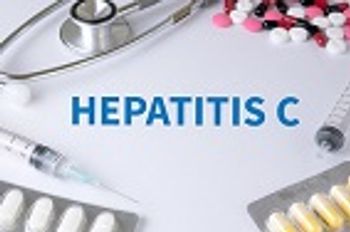
The Georgia HCV Elimination Program, the first of its kind, is being heralded as a model for other countries that face a high rate of HCV infection.

The Georgia HCV Elimination Program, the first of its kind, is being heralded as a model for other countries that face a high rate of HCV infection.

With social media serving as a news source to so many, researchers from the Medical College of Wisconsin and the Tulane University School of Medicine studied how Facebook users are talking about the Zika virus.
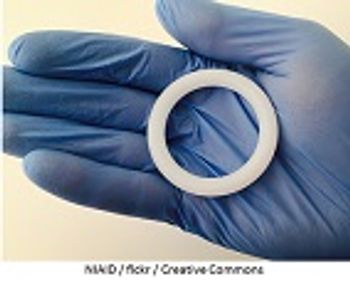
During the 2016 HIV Research and Prevention (HIVR4P) meeting in Chicago, researchers conducting trials to assess the safety and efficacy of the dapivirine vaginal ring announced several key findings and insights of the ASPIRE study, known as MTN-020.

The Centers for Disease Control and Prevention reported a rise in STDs and a dent in preventive services in their 2015 Sexually Transmitted Disease Surveillance report.

The United Nations Children’s Fund (UNICEF) has partnered with six vaccine makers and the Global Alliance for Vaccines and Immunization (GAVI) to offer 450 million doses of an inexpensive pentavalent vaccine for children.
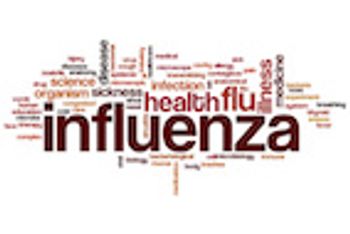
As the flu hits New Mexico, hundreds are reporting symptoms, while infection has only been lab-confirmed in two cases.

Health leaders call for manufacturers to consider the customer when developing diagnostic tests and discuss the need to develop direct-from-specimen tests to characterize pathogens.

The US Food and Drug Administration has approved Merck’s Zinplava, a monoclonal antibody that will reduce recurrence of Clostridium difficile in high risk patients.
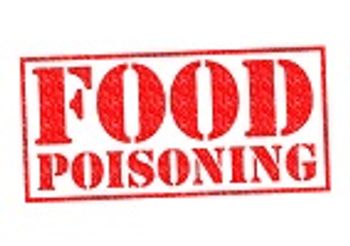
Experts in clinical diagnostics and tracking food-borne outbreaks discuss using culture-independent diagnostic tests (CIDTs) as well as how the use of CIDTs is currently working in Colorado.
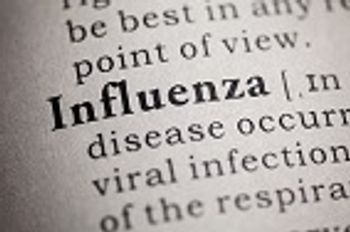
The first influenza cases of the 2016-2017 season were reported by the Minnesota Department of Health, a reminder for state residents to receive influenza vaccination.
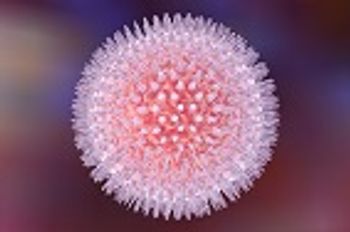
New studies on the Zika virus have revealed how long the virus may stay in the vaginal tract, as UK researchers have mapped the first complete Zika virus genome derived from semen.

An employee in the prepared foods section of a Whole Foods Market in Detroit, Michigan, has been diagnosed with hepatitis A.

A new study shows that using antimicrobial copper can kill surface bacteria and minimize pathogens in hospital rooms.

Changes in strain prevalence indicate that the existing 9-valent HPV vaccines may offer some protection against an additional high-risk strain that is not included in the vaccine (strain 31), potentially due to antigenic similarities with other strains.

A new CDC study suggests that a closer look at the epidemiology of cat scratch disease may help prevent infections.

The first days of life are crucial for any newborn, and a new study has found that a protein in breast milk plays an important role in protecting infants from catching hospital-acquired infections.

A mutated version of Yersinia pestis may hold the key to vaccines for the plague.

The CDC warns that open-heart surgery patients are at increased risk of infection due to contaminated heater-cooler devices.

Research groups from around the world have identified potential therapeutic targets for treating active Zika virus.
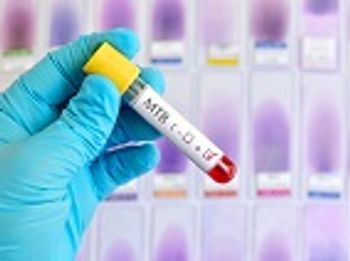
While health officials continue to search for more novel tools to fight tuberculosis, a team of researchers has found that a class of antibiotics first introduced in the 1960s may offer an important weapon against the outbreaks of today.

Researchers at Sanofi Pasteur, have developed a “transmission model” for Dengue and assessed the population impact of vaccination in the 10 countries participating in the Phase III efficacy studies for CYD-TDV/Dengvaxia.

Researchers from the United Kingdom and Brazil have isolated the full-length genome sequence of the Zika virus.

The new Centers for Disease Control and Prevention (CDC) recommendations call for a revised dosing schedule.

Technology gives men who have sex with men (MSM) new ways to assess their health status, prevent HIV and other STDs (sexually transmitted diseases), and find care.

Older Americans who are sexually active are not being tested for HIV and are not being educated about how to prevent disease transmission, new research suggests.

Researchers discuss five strategies to aid in the control of neglected tropical diseases.
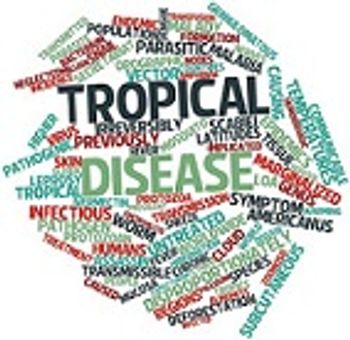
Researchers review recent progress made on neglected tropical diseases since 2010.
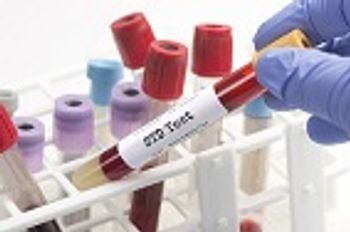
New prevention and treatment models are needed worldwide and one such model is the Dean Street Express Clinic in London, England.

Recent studies have shown how a commensal intestinal bacterium produces an enzyme that can help protect against pathogenic bacteria.

A recent study suggests that patient-to-patient transmission of norovirus is potentially overestimated within clinical settings.